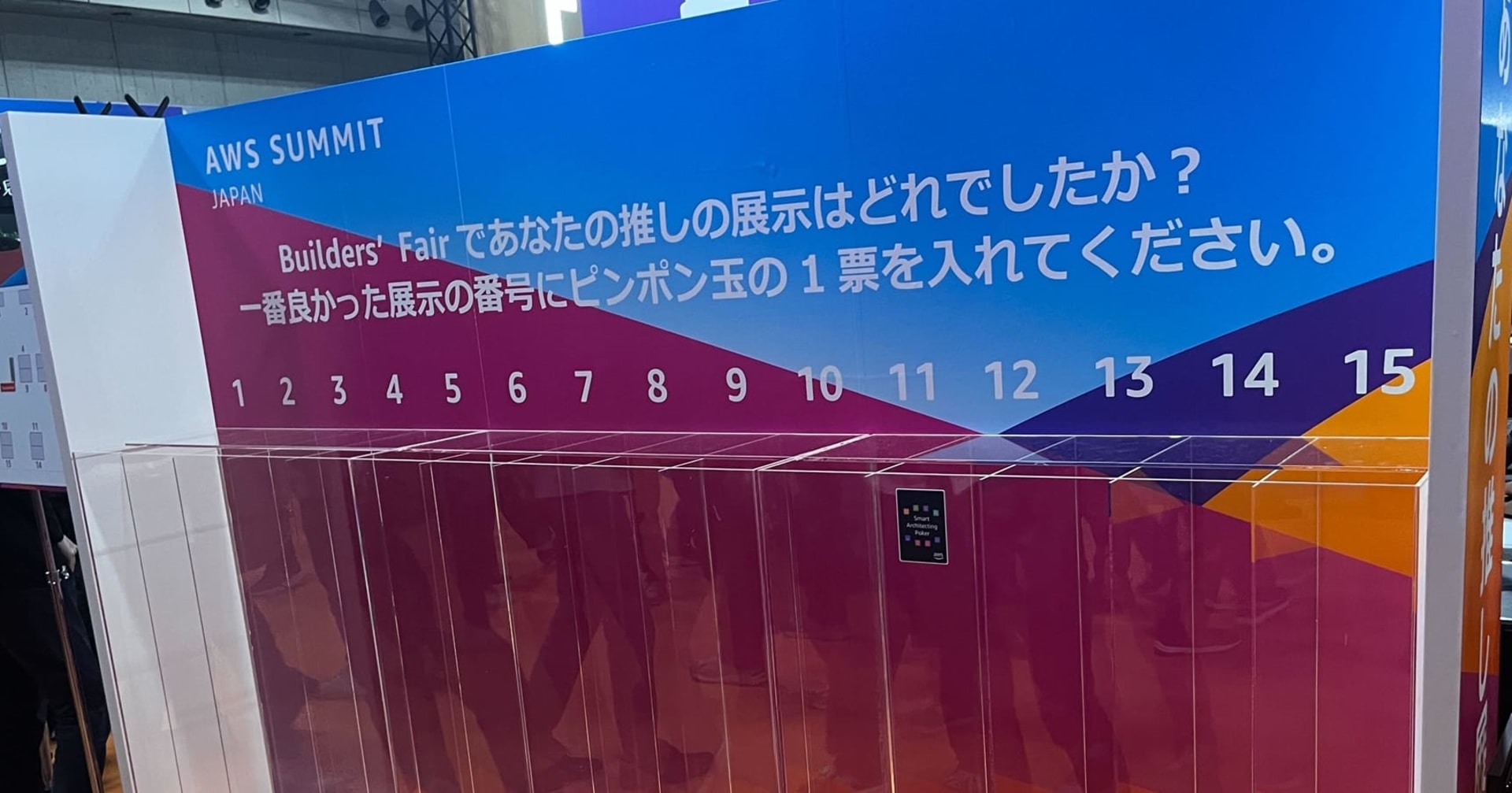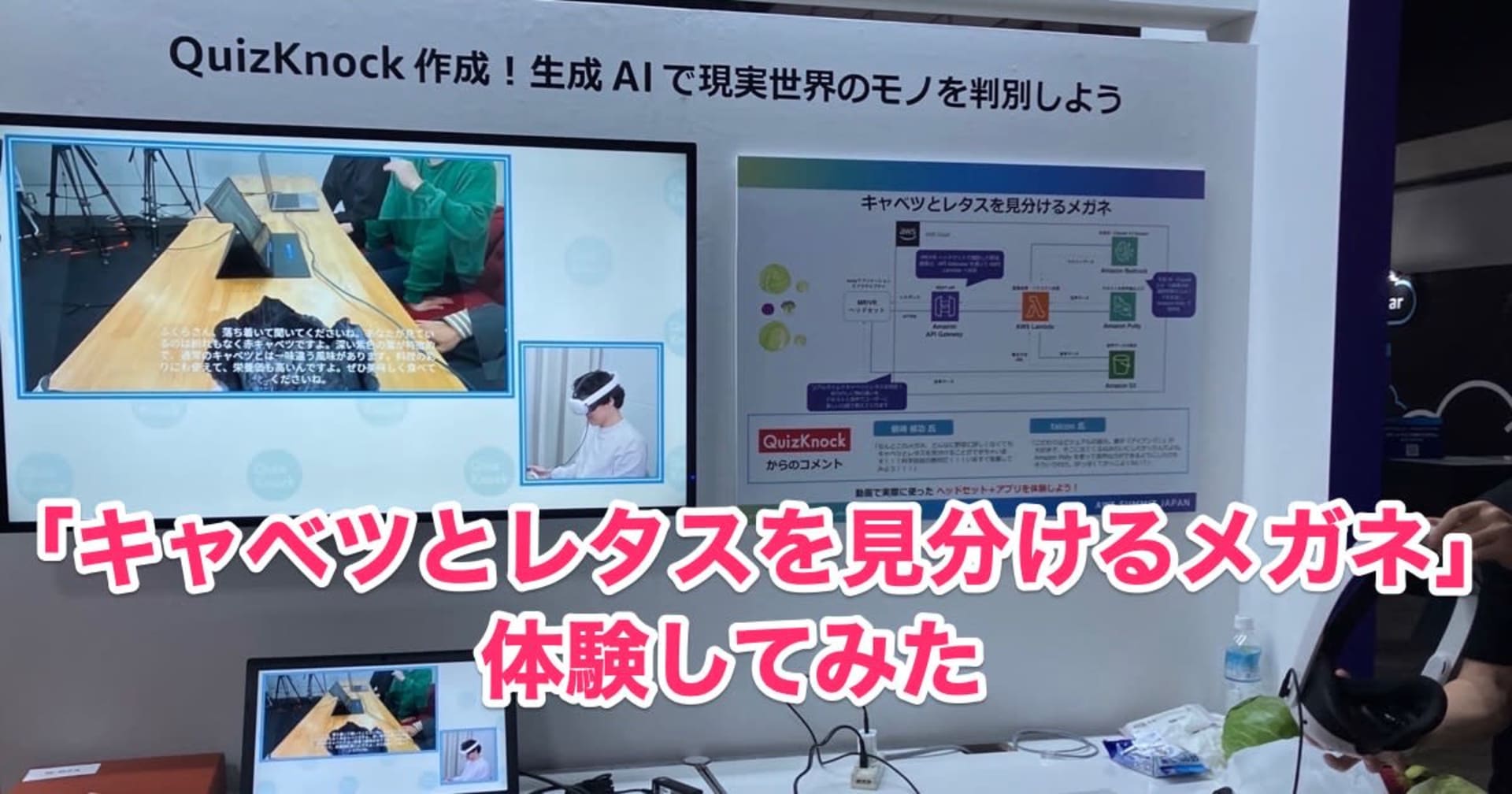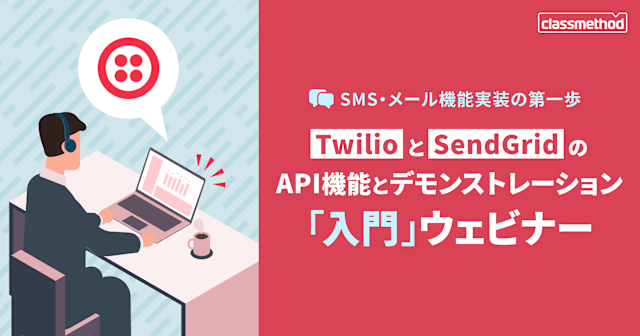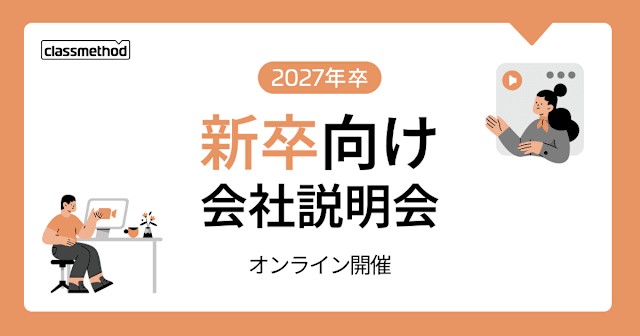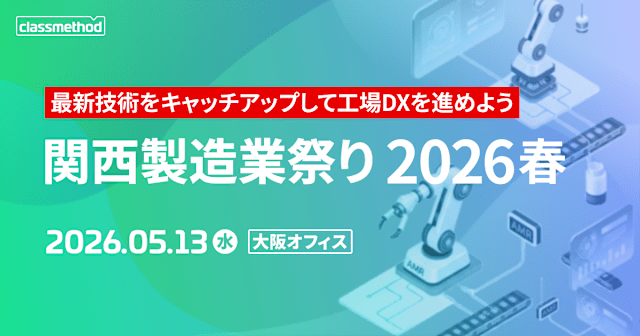
AWS Summit Japan 2024 Keynote session report: Dr. Werner Vogels on Technology for Good
この記事は公開されてから1年以上経過しています。情報が古い可能性がありますので、ご注意ください。
Hello Guys!
Last month, I had the opportunity to attend the AWS Summit Japan 2024 which profoundly impacted my perspective on AI, and one of the standout sessions was the keynote by Dr. Werner Vogels, CTO of Amazon.com. His talk was all about how technology, especially AI, can be used to make the world a better place. He gave many use cases of AI in various fields, from agricultural problems to societal issues like child exploitation.
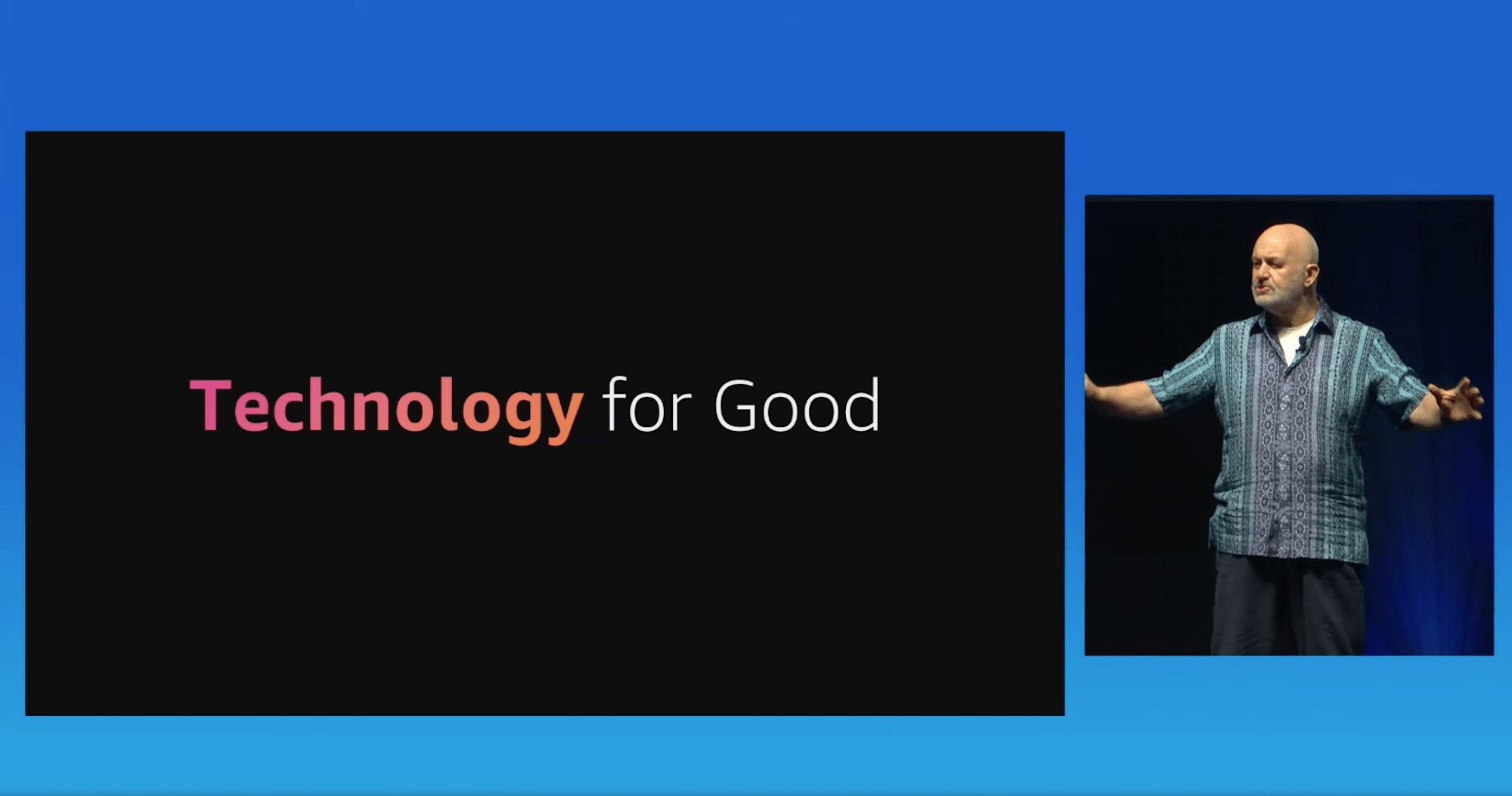
I hope this session report can inspire you on how AI can be used for good; and if this blog can encourage any action to learn more about AI, that will be my utmost happiness.•ᴗ•
For anyone who is not familiar with AWS Summit Japan :
AWS Summit Japan, Japan's largest AWS learning event, was held on June 20 (Thursday) and 21 (Friday), with a total of 30,000 participants every year. With over 150 sessions, and over 250 EXPO contents to enhance your learning experience, AWS Summit Japan is an event that I highly recommend you attend.

Before the session report
I suppose the theme of this session "AI for Good", came from the concept "Responsible Use of Technology",as same as the famous quote in Spiderman movie,
"with great power comes great responsibility".
We have heard much bad news of how people use AI in bad ways. However, AI is just a tool. It's powerful but it will be good or bad depending on how you use it. Dr. Werner wanted to show us how to use AI to solve society's issues.
AI :Technology with a Purpose and Responsibility
Dr. Werner began by stressing the importance of using technology responsibly.It’s not just about making our lives easier or businesses more efficient; it’s about leveraging technology to benefit society as a whole.
AI as parts of our lives
Dr. Vogels discussed how AI has become a part of our everyday lives. From voice assistants in your phone to recommendation systems on e-commerce website, AI is everywhere, often without us even realizing it. He noted John McCarthy's insight that when AI becomes effective, we stop calling it AI—it just becomes part of the technology we use daily. If you look around at the things that we are using everyday, you might see AI with other names. If you don't think so, why don't we look back into the History of AI?
AI in History
Dr. Vogels took us through a fascinating history of AI:
-
Ancient Philosophers: Thinkers like Plato imagined machines with human's abilities that could handle mundane tasks, freeing humans to focus on more important activities.
-
Early Computers:The first computers in the 1930s and 1940s aimed to replicate human brain functions.
-
Alan Turing: Turing asked the pivotal question, "Can machines think?" which has driven AI development ever since.
-
1956 Workshop:The term "artificial intelligence" was coined during a significant gathering of AI pioneers.
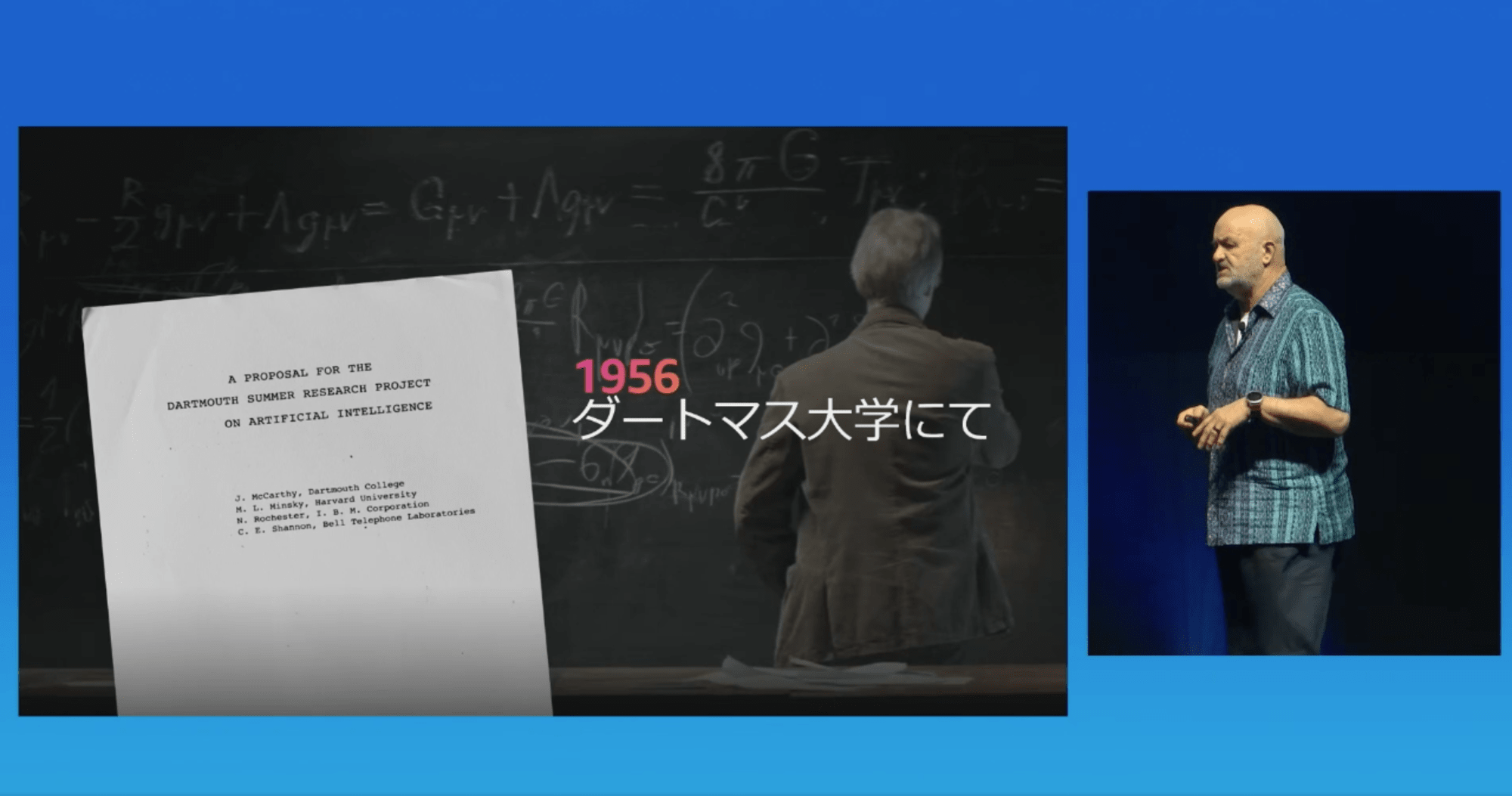
He explained that while early AI was built from the top down, modern AI learns from the bottom up, using data to improve its performance.
With this history, I think you could see the overview that actually concept of AI has appeared long time ago, and human has always wanted AI to be a tool for helping us focus on what matters to us. That is the intention behind creating AI.
AI Use case for good
Dr. Vogels shared several inspiring examples of how AI is solving real-world problems:
AI for Agriculture
HARA in Indonesia : Farmers often struggle to get fair loans. HARA uses technology to measure land and crop yields, providing banks with reliable data to offer fair loans. This approach has achieved a 100% loan repayment rate.
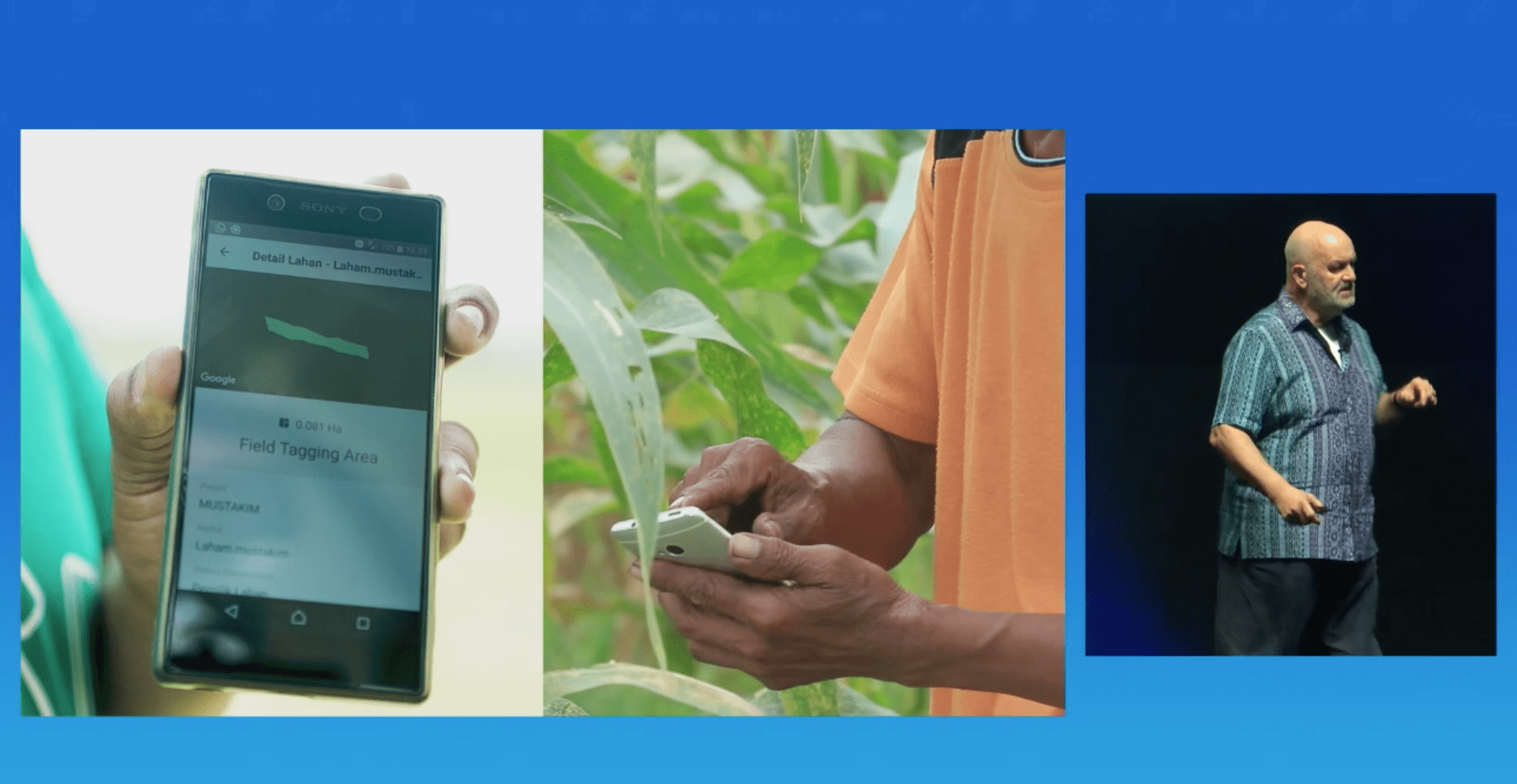
International Rice Research Institute (IRRI): IRRI uses AI to manage a seed bank with 200,000 types of rice DNA. They use image recognition to detect diseased seeds and can recreate rice strains quickly if a disaster strikes.
Yanmar in Japan : Yanmar uses AI to manage greenhouses, optimizing each plant’s growth through precise control of temperature and moisture, etc. This ensures efficient use of resources and reduces costs.
AI for Fish Farming
Aquabyte: Aquabyte uses computer vision to monitor the health and growth of salmon, tracking each fish to ensure they are healthy and disease-free.
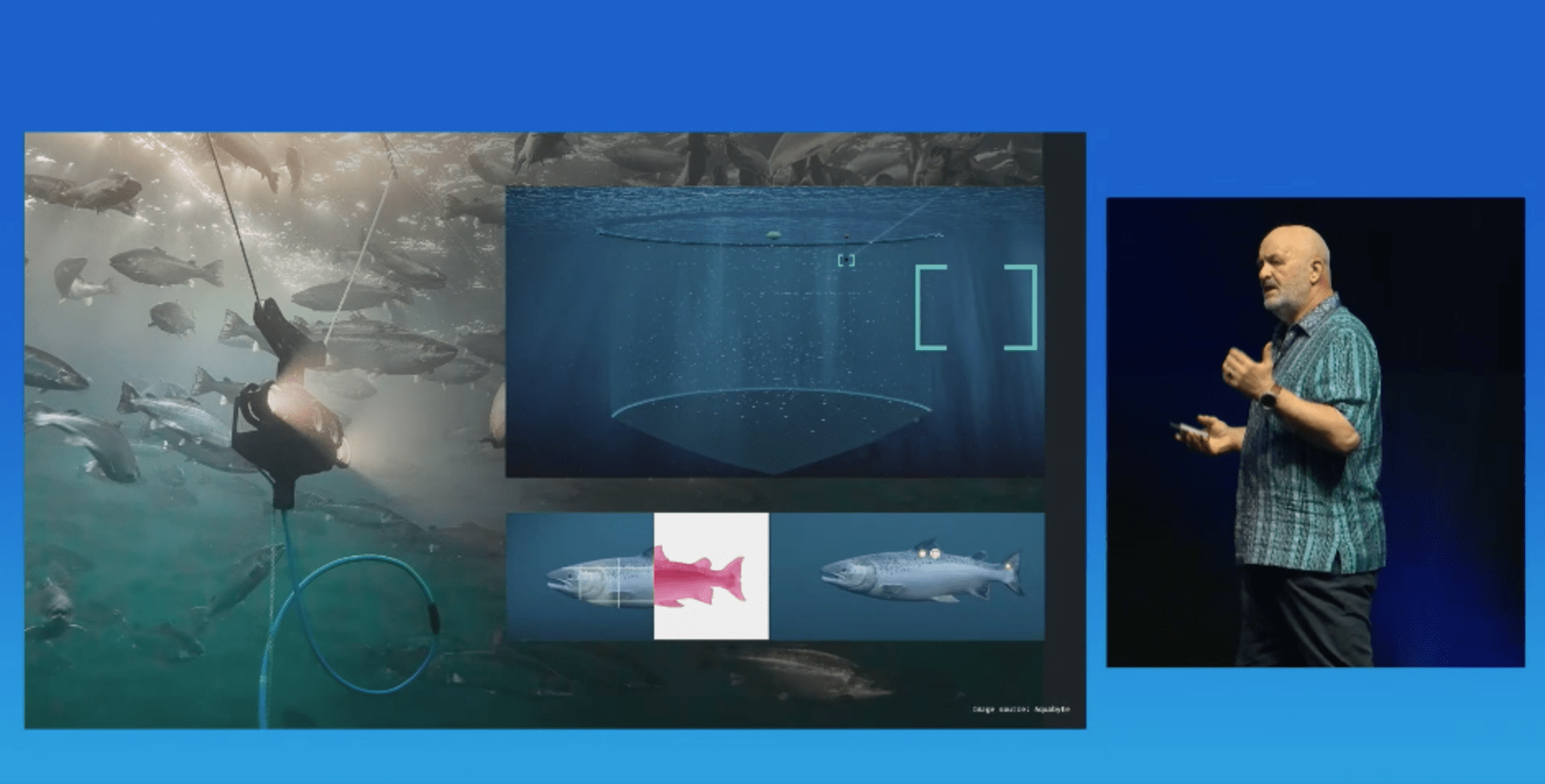
AI for Healthcare
Dr. Vogels highlighted the significant impact of AI in healthcare:
Breast Cancer Detection in Sweden: AI can detect breast cancer with the same accuracy as two expert radiologists.
Dr. Consulta in Brazil: This company uses AI to find affordable medications and predict potential health issues, making healthcare more accessible.
CergenX in Ireland: Cergenx analyzes newborns' brain waves to detect brain injuries immediately, allowing for prompt medical intervention.
AI for Environment
Dr. Vogels emphasized that data is the foundation of all AI. Good data is essential for effective AI solutions.
Humanitarian OpenStreetMap Team (HOT): They provide map data for disaster management, helping organizations reach people in need more effectively.
Amazon Sustainability Data Initiative (ASDI): This initiative helps detect illegal activities like mining by providing open-source data.
AI for Social issues
Dr. Vogels also discussed how AI can be used to protect vulnerable populations:
Thorn: This organization uses AI to combat child exploitation. Their system "Spotlight" has helped identify thousands of victims by comparing missing children's photos with online ads. They also offer "Safer," a tool that detects harmful images and grooming conversations.
Conclusion
Dr. Vogels concluded by stating that good AI requires good data, and impactful work requires dedicated people. With the right tools and a commitment to ethical use, technology can help solve some of the world’s most pressing problems.
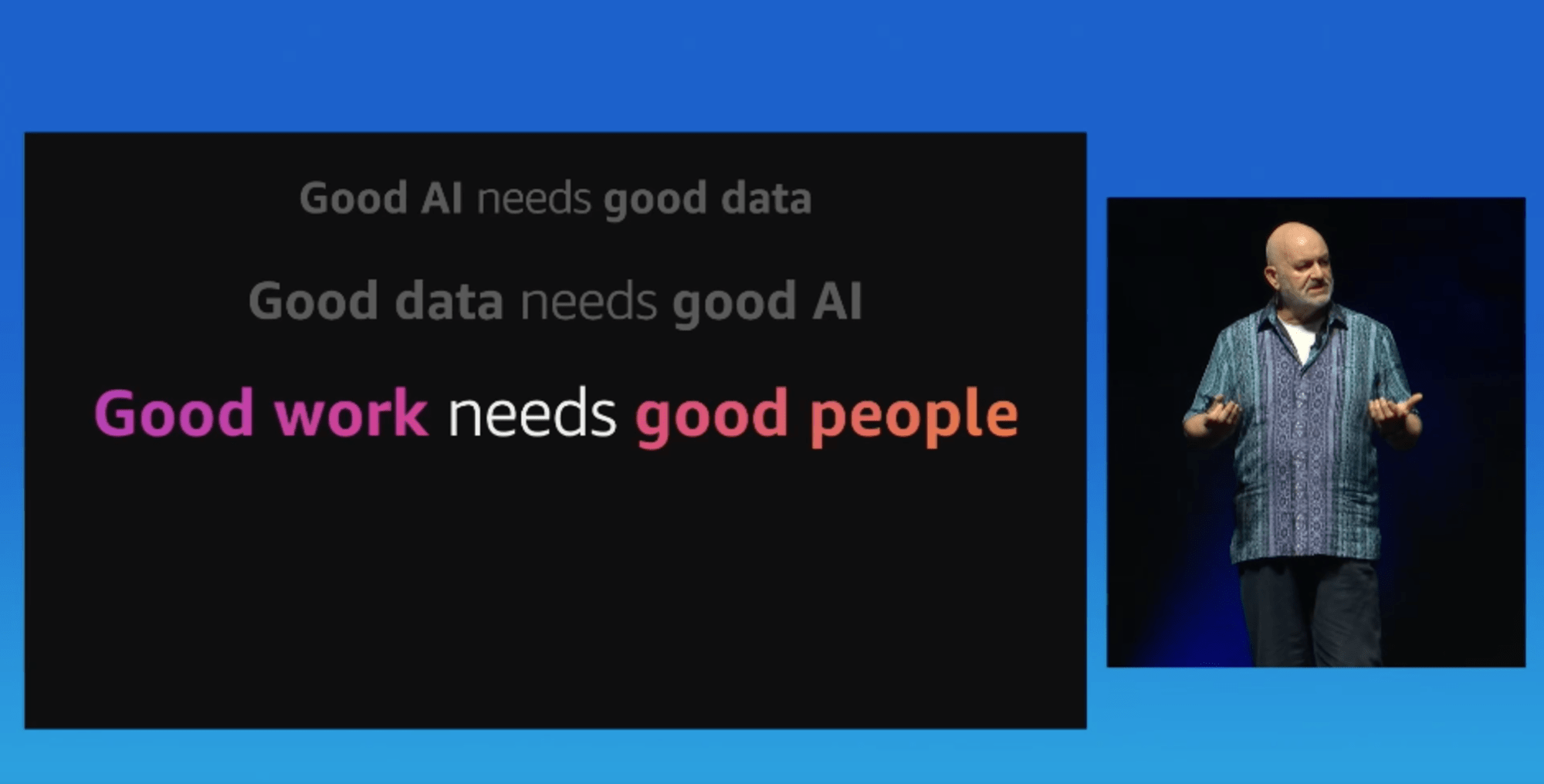
The AWS Summit Japan 2024 was a reminder of the incredible potential of technology when used responsibly. Dr. Vogels’ keynote was both inspiring and enlightening, showing how we can all contribute to a better future through innovative tech solutions.

